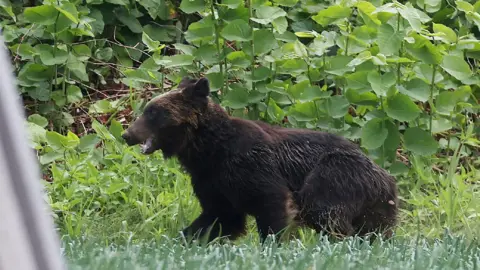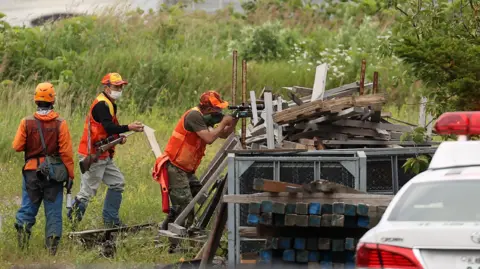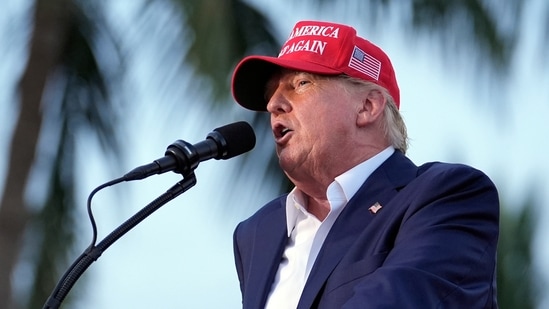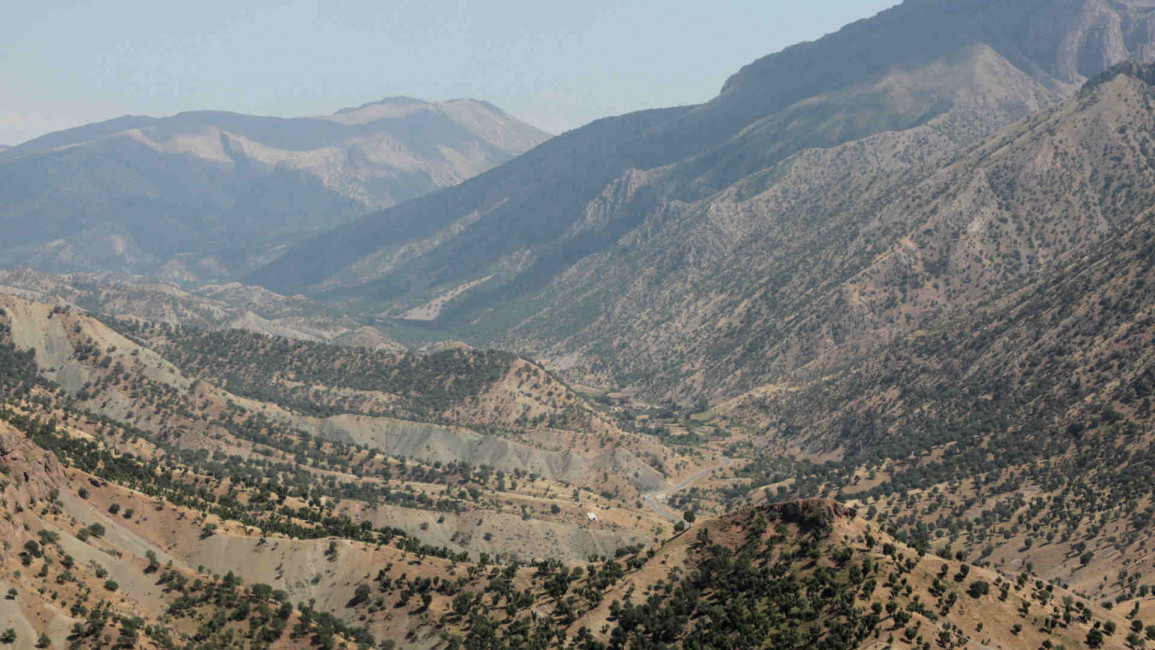Eva Osborne-Sherlock
July 10, 2024

Nearly 100 vets working in South Wales are set to take the UK’s first-ever strike action at a private veterinary practice.
The workers, who undertake a range of roles including veterinary surgeons, veterinary nurses, receptionists and animal care assistants, will strike for two weeks from July 16 until July 30.
The vets are employed by Valley Vets, which has offered its lowest paid staff a “derisory” pay rise that takes them to slightly above minimum wage, the Unite union has said.
The union said this is despite 80% of workers reporting that they regularly borrow money to meet basic living costs and 5% reporting having to use food banks.
Meanwhile, Unite said the higher-paid workers have been offered increase of between 1% and 1.5% from April 2024.
The offer is a real terms pay cut as the RPI rate of inflation was 3.3% when the deal was due to be implemented.
Valley Vets is owned by VetPartners, which recorded gross profits of £553 million in 2023 – an increase of nearly £120 million from the year before.
As well as paying “poverty wages”, Unite said VetPartners has been accused of overcharging pet owners.
‘This is pure corporate greed’
The UK’s Competition and Markets Authority (CMA) is currently conducting a sector-wide investigation into overcharging in the veterinary sector.
Unite general secretary, Sharon Graham, said: “It is disgusting that Valley Vets staff are getting into debt and using foodbanks to survive when profits are astronomical.
“This is just pure corporate greed from a company that is already being investigated for widespread profiteering.
“Unite is supporting our Valley Vets members 100% as they strike for a fair pay rise and improvements to their terms and conditions.”
Unite said industrial action will severely impact Valley Vets operations and will escalate if the dispute is not resolved.
Unite regional officer Paul Seppman said: “Valley Vets and VetPartners are entirely responsible for the disruption that will be caused.
“These workers are being forced to strike over poverty pay and this hugely wealthy company’s refusal to pay a living wage and provide reasonable terms and conditions.
“Industrial action could still be avoided but only if the company returns with an acceptable offer.”
Defra staff members are ‘able to and prepared to’ strike for fair pay
Eva Osborne-Sherlock
July 10, 2024

Public and Commercial Services (PCU) Union members that work for the UK’s Department for Environment, Food and Rural Affairs (Defra) have said they are “able to and prepared to” strike for fair working conditions.
The PCU Efra group handed in a letter to new Defra Secretary of State, Steve Reed, on his first day in office on Monday (July 8).
The letter, which was signed by around 1,400 members, congratulated Reed on his new role and expressed PCS Efra members’ commitment to delivering the new government’s agenda, while stating that this “simply isn’t possible in the current pay climate”.
The letter said: “At such a critical moment, we must ensure that the workforce is equipped to face our collective challenges.
“So, while we never want to have to resort to withdrawing our labour, we find ourselves in the position where we are able and prepared to, to achieve fair working conditions for those delivering the new government’s environmental agenda.”
In May, 85% of PCS Efra group members voted to give a mandate for strike action over PCS national demands, including fair pay and a significant shortening of the working week.
“It highlights the decline in the pay and living standards of civil and public servants, with employees in Defra Group now finding themselves nearing the national minimum wage,” the union said.
“One in 12 civil servants working across government are now forced to use foodbanks.
“At such a critical junction in the UK’s future, PCS Efra committed to ensuring the workforce is equipped to face the nation’s collective challenges.
“Even if this means having to resort to taking action so that they can deliver the new government’s environmental agenda,” it added.
One union member said: “The kind of work we do is massively undervalued and has been for way too many years now. We’re being kept on the breadline and fearing the monthly bills.”



 Getty Images
Getty Images







